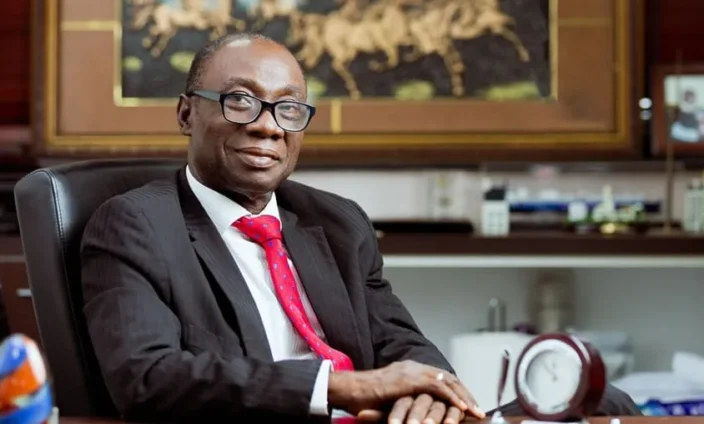The ever-depreciating Ghana Cedi is not only negatively impacting the cost of living for Ghanaians and increasing the cost of doing business in the country, but is it also hugely impacting the operations of the Electricity Company of Ghana (ECG).
It is emerging that one of the major banes on the operational efficiency of ECG is the exchange rate volatility in the country.
The Chairman of the Parliamentary Committee on Public Administration and Member of Parliament for Pru East, Dr. Kwabena Donkor tells The High Street Journal that the cedi depreciation plays a pivotal role in the huge yearly losses of ECG.
In an interview with The High Street Journal, he revealed that according to the 2023 Financial Report on ECG, out of the over GH¢ 10 billion losses incurred, a little over GH¢ 8.3 billion were incurred as a result of net exchange rate losses.
This situation, the MP says, can be partly attributed to the mismanagement of the macroeconomy which has led to the persistent free fall of the cedi.

Explaining how the depreciation of the cedi affects ECG, the former Power Minister under the erstwhile NDC administration noted that while the revenues of ECG, mainly through bills are cedi-denominated, a large chunk of their payables are dollar-denominated.
This situation means ECG takes a hit whenever the local currency loses its value..
“The exchange rate regime, we have bastardized the cedi and therefore ECG suffers huge exchange rate losses. Let me be factual, because most of their payables are dollar-denominated and their receivables are cedi-denominated. In 2023 alone they lost GH¢ 8.3 billion in net exchange losses. And they are supposed to be making profits,” he quoted.
He continued that, “So the mismanagement of the macroeconomy, particularly monetary policy, impact very negatively on the energy sector because 70 to, 80% of ECG’s payables are dollar-denominated. In fact, they pay VRA, they pay the IPPs, and they pay Bui Power. So if we had a stable exchange rate, if we had a good performing economy, the exchange rate would be stable. If we didn’t run the deficits we run, the cedi would be stable.”

Although ECG is taking a major hit as a result of the unstable exchange rate, Dr. Kwabena Donkor does not also discount the internal inefficiencies of the company which also play a role in the current state of the company.
The MP says the company cannot be exonerated from the huge under-recovery, low revenue collection rate, and waste within its system.
While he is advocating for a stable macroeconomic environment, Dr. Donkor also calls for the fixing of the internal issues contributing to the losses and inefficiencies of the power distribution company.
























